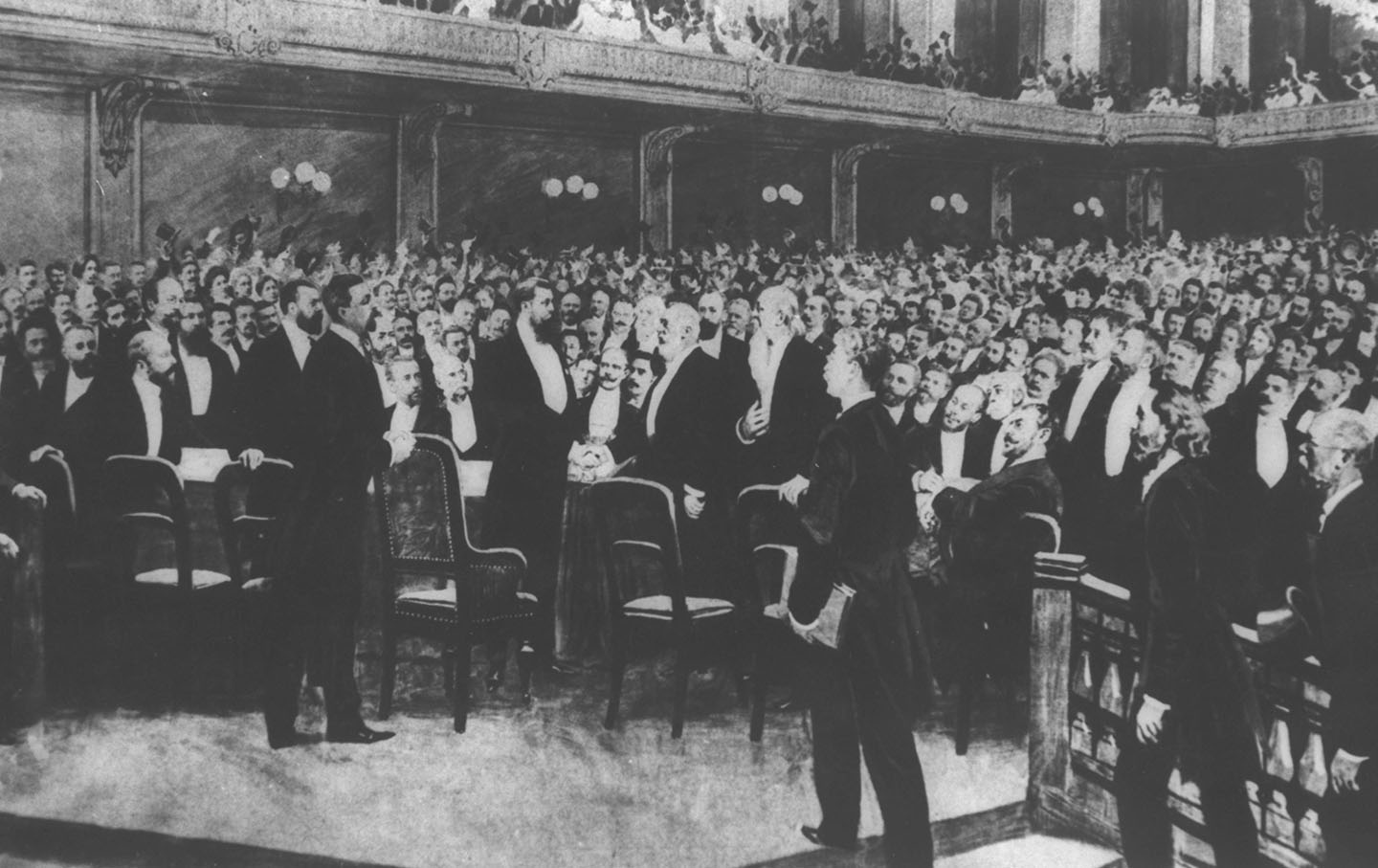
As voting for the U.S. elections in the 39th World Zionist Congress nears conclusion—voting closes May 4—American Zionist Movement (AZM) Executive Director Herbert Block said there were few barriers of entry to voting in what Jewish leaders are describing as a consequential election.
In fact, it costs just $5 per person to vote—essentially the cost of a cup of coffee, the AZM leader said during a recent Zoom interview.
“The price is low,” Block said, “but the value is high.”
What is the World Zionist Congress?
Known colloquially as the “global parliament of the Jewish people,” the Zionist Congress meets every five years in Jerusalem and influences appropriations of $1 billion in annual funds and the decisions of four of global Jewry’s national institutions and programs: World Zionist Organization (WZO), the Jewish National Fund-Keren Kayemet LeIsrael (KKL-JNF), The Jewish Agency for Israel (JAFI) and Keren Hayesod.
This year, more than 2,900 candidates from 43 U.S. states and territories—including approximately 200 candidates from the Los Angeles area—are running in the World Zionist Congress elections on a record-high 21 slates, which span the ideological spectrum. The candidates are vying for the 152 seats allocated to the U.S. Jewish community in the 525-seat Congress.
As in a parliamentary system, seats are distributed based on what percentage of the vote each slate gets.
All Jews who are age 18-or-older by June 30, live in the U.S. and accept the “Jerusalem Program,” the global statement of beliefs of the Zionist movement, are eligible to vote.
Voting is done at zionistelection.org.
For the current election, the slates span the spectrum. Some are representing Orthodox values; others are liberal; and there are those that advocate for pluralism. But despite their differences, the slates are all Zionist, Block said.
“The diversity of the slates really reflects the diversity of the American Jewish community,” the AZM leader said.
Some of the slates have participated in previous elections, while others are participating for the first time. The slate with the largest number of Los Angeles candidates, “ANU: A New Union,” is a new slate, with 27 local candidates. It describes itself as “A NextGen Big Tent for the Jewish American Consensus.”
Another slate with a large numbers of Los Angeles candidates is “Orthodox Israel Coalition-Mizrachi,” a religious Zionist slate. Its members include Orthodox Union, Yeshiva University and Rabbinical Council of America, among other institutions. The group’s platform notes a disproportionately large percentage of the fighting forces in the IDF identify as religious Zionist. The slate has 24 local candidates, including Young Israel of Century City (YICC) Senior Rabbi Elazar Muskin, who spoke with the Journal about the election.
“I support this philosophy very strongly,” Muskin said. “Our community, YICC, is a religious Zionist synagogue. It’s part of our mission statement. You walk into YICC, you know it’s a religious Zionist organization. The beautiful tapestries in the main sanctuary, the sculpture in the backyard, a model of the Knesset menorah, is prominently displayed. Everywhere you turn in Young Israel, you can see we are religious Zionists.”
“A lot of people go on a slate to show their support for the slate,” Lizz Berney, national director of research and special projects at Zionist Organization of America, said in a phone interview.
Berney is a candidate on the slate, “ZOA Coalition,” which represents more than 30 organizations, including Zionist Organization of America; Committee for Accuracy in Middle East Reporting and Analysis (CAMERA); and Lawfare Project.
In a phone interview, Berney said there was “more visibility about the election this year than in previous years.”
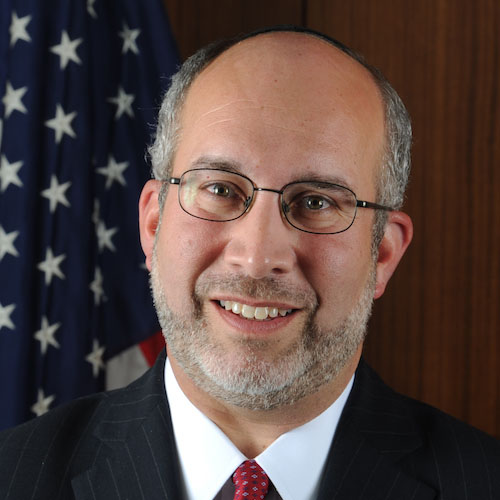
Block concurred, saying, “By all signs, more people are interested, and more people are engaged than they were in the past.”
“Kol Israel” slate, associated with pro-Israel education organization StandWithUs and Zionist youth movement Young Judaea, has 17 local candidates.
On the opposite end of the ideological spectrum are slates “Vote Reform” and “HaTikvah: The Progressive Slate.” Groups including Hebrew Union College-Jewish Institute of Religion, NFTY and Central Conference of American Rabbis support “Vote Reform,” while “HaTikvah” is endorsed by JStreet; Reconstructing Judaism, the voice of the Reconstructionist movement; and Jewish Labor Committee, among others.
The Conservative movement’s “Mercaz USA” slate, supported by Cantors Assembly, Jewish Theological Seminary and Ziegler School of Rabbinic Studies, has 15 local candidates. Recently, Yizhar Hess, vice chairman of the WZO, spoke at Temple Beth Am, a Conservative congregation, as part of a get-out-the-vote effort for the Mercaz slate.
Other new slates include “Israel365 Action,” “Israeli-American Council (IAC)” and “Aish Ha’am.”
Another new slate, “AID Coalition (American-Israel Democracy),” which advocates strengthening the bond between Israeli Americans and Israel, has 13 local candidates.
Voting began March 10. As of April 21, 147,414 votes had been cast in the election, exceeding the 123,575 votes recorded during the entirety of the 2020 election, according to AZM.
Block said the role AZM plays in the election process is an unbiased, administrative one, which he likened to the function the nonpartisan League of Women Voters has in U.S. elections.
“Our job is to run an open, fair and democratic election,” Block said. “We don’t endorse any particular slate. We’re in charge of the election.”
Ultimately, he hoped as many pro-Zionist Jews as possible casted their vote before voting concluded on May 4.
“We want to make sure the voice of the Diaspora Jewish community, and particularly the American Jewish community, is heard at the Congress,” Block said, “and so if our vote collectively is backed up by a larger number, that gives us a stronger voice.”
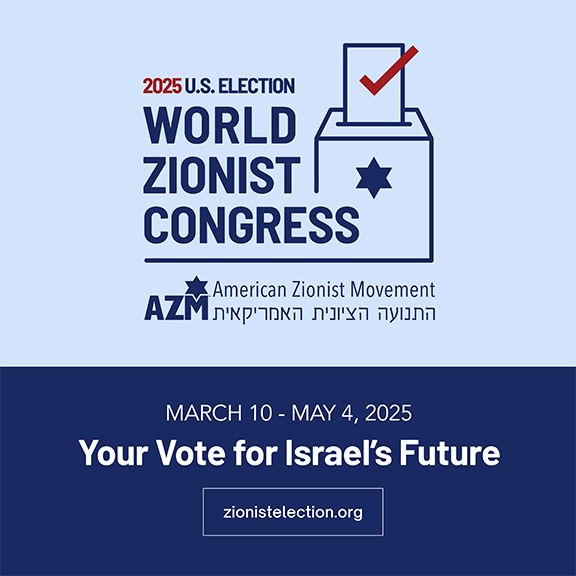







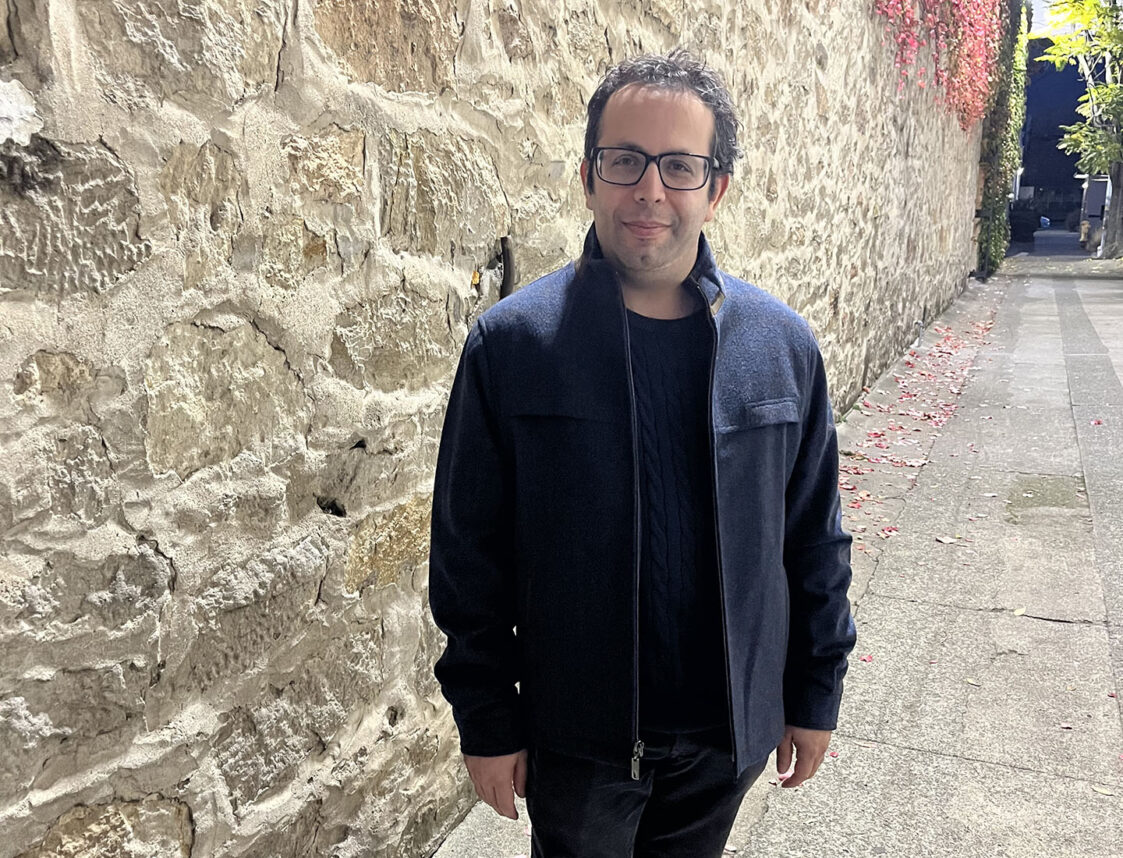
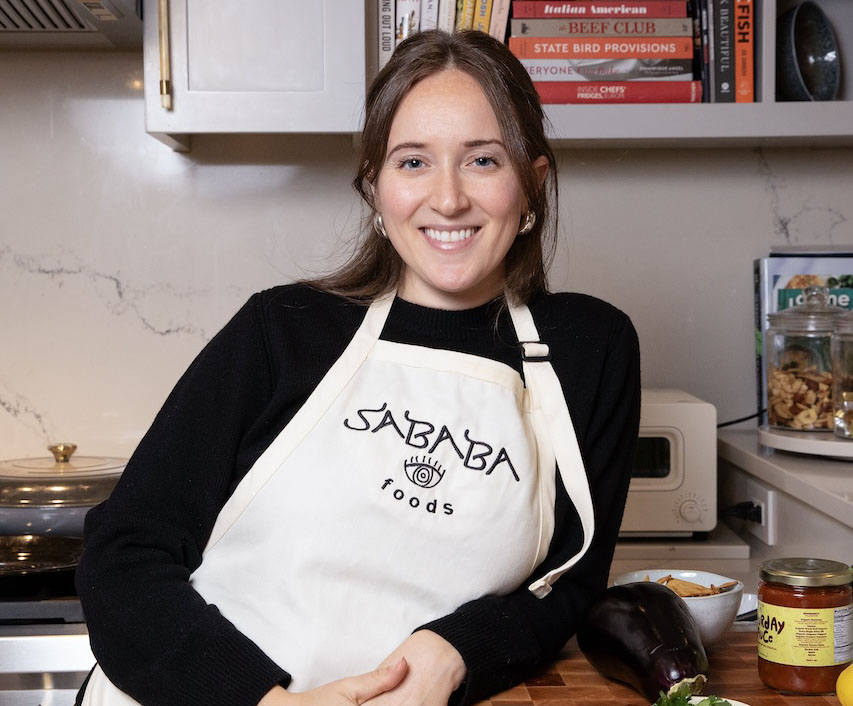
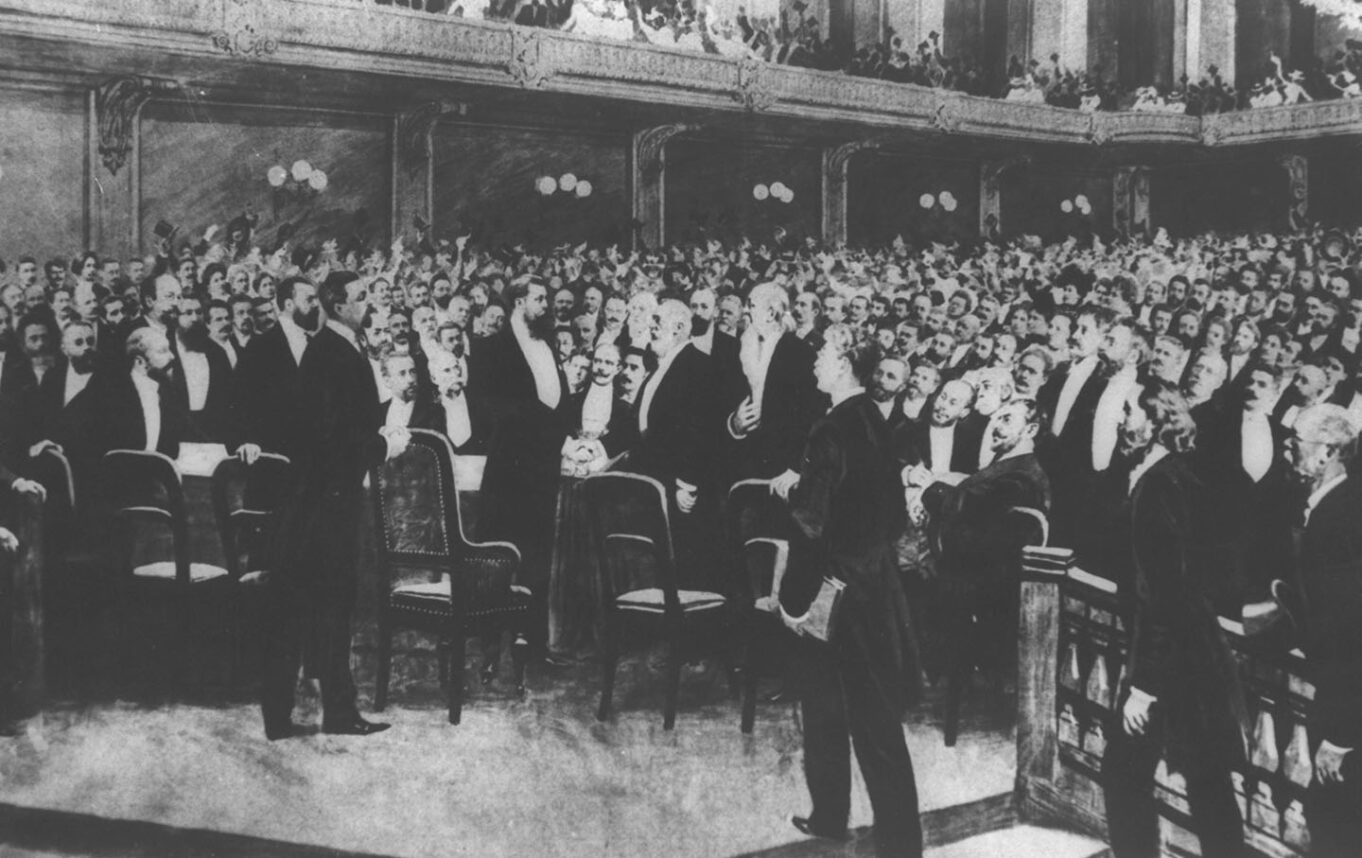
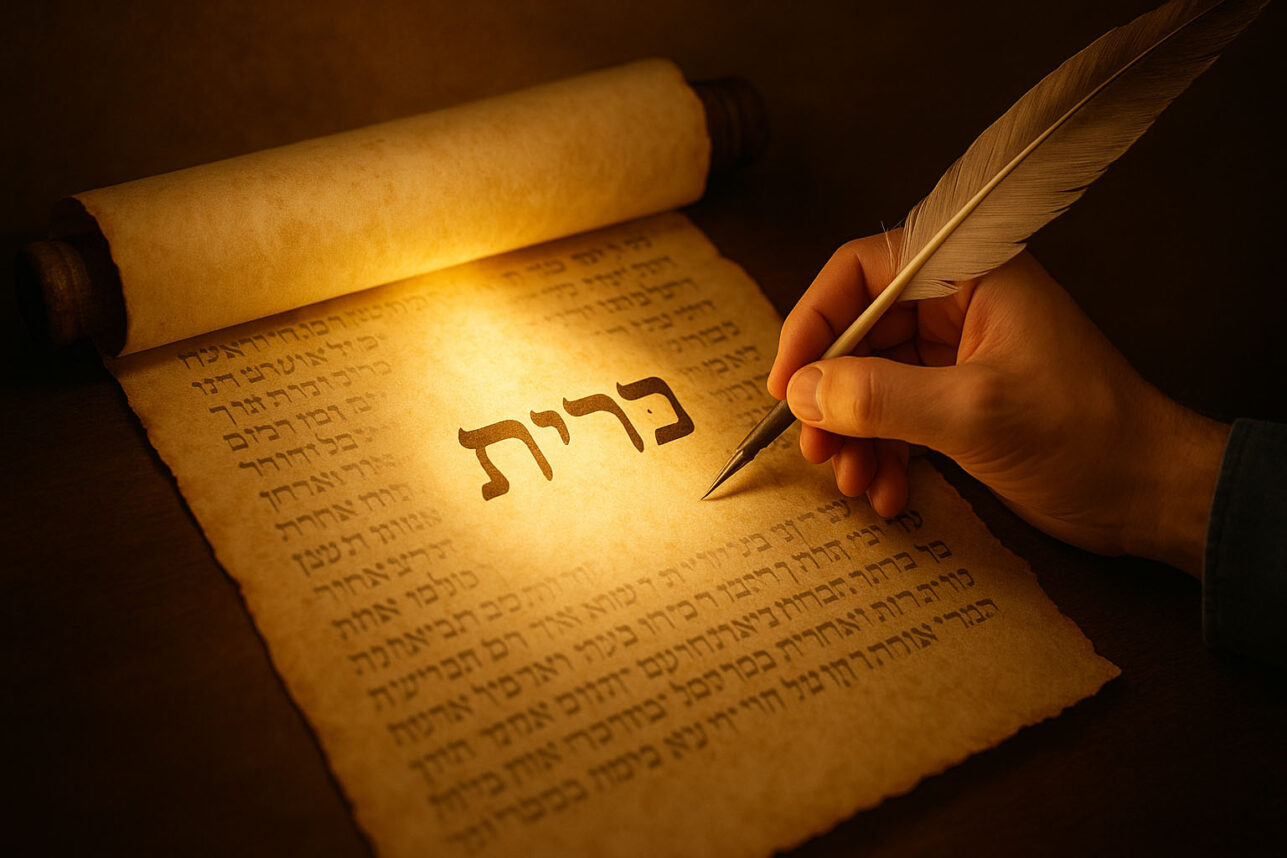
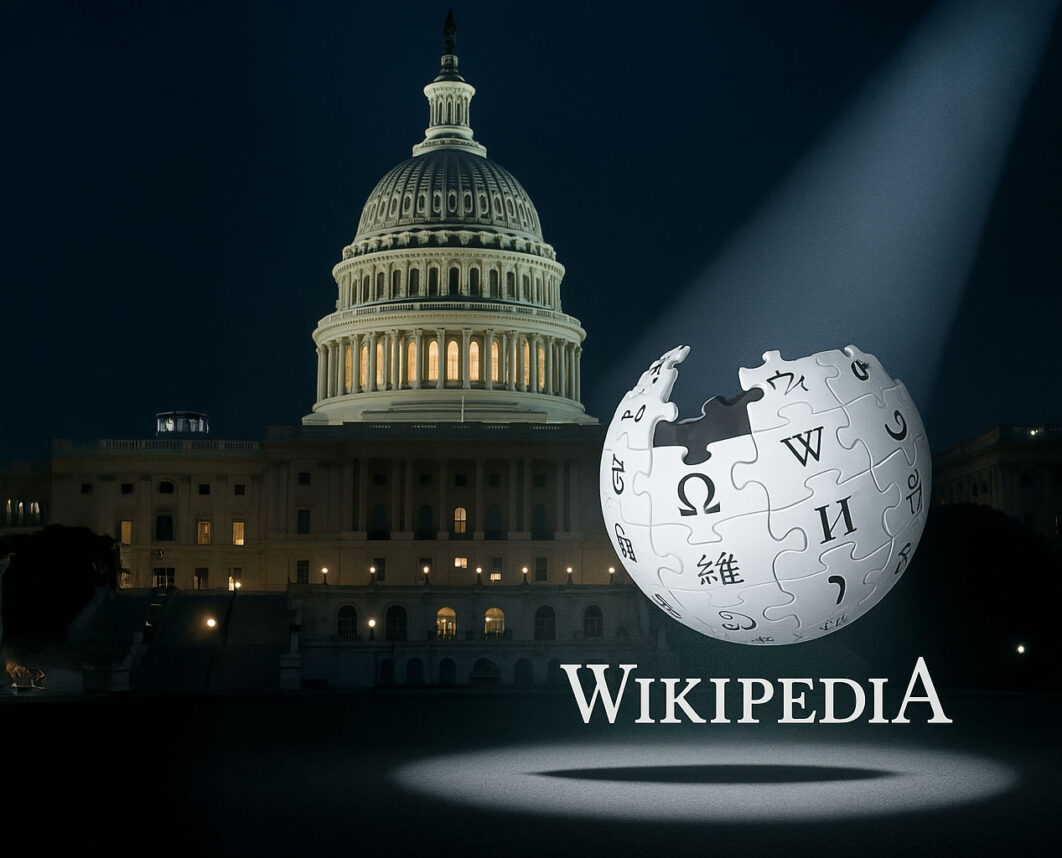
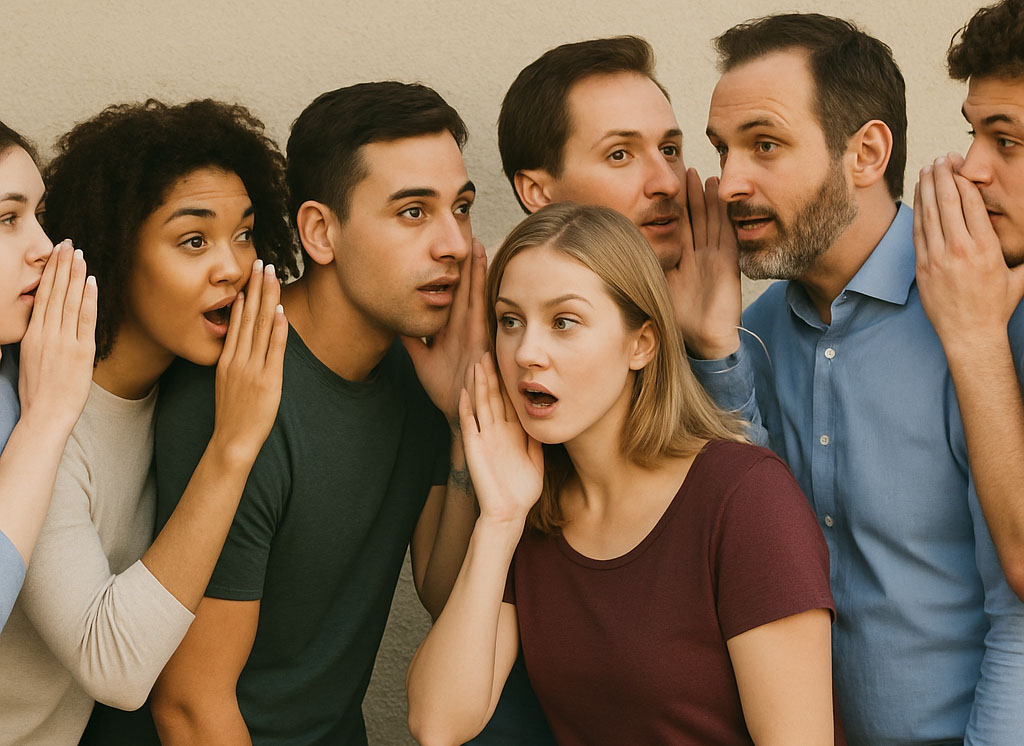

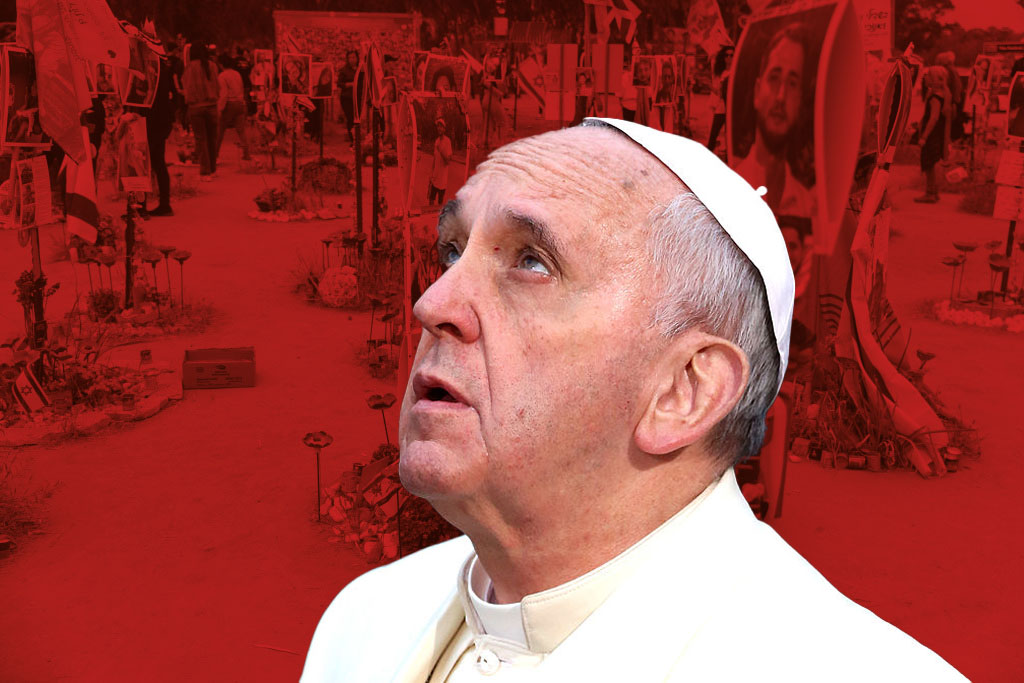

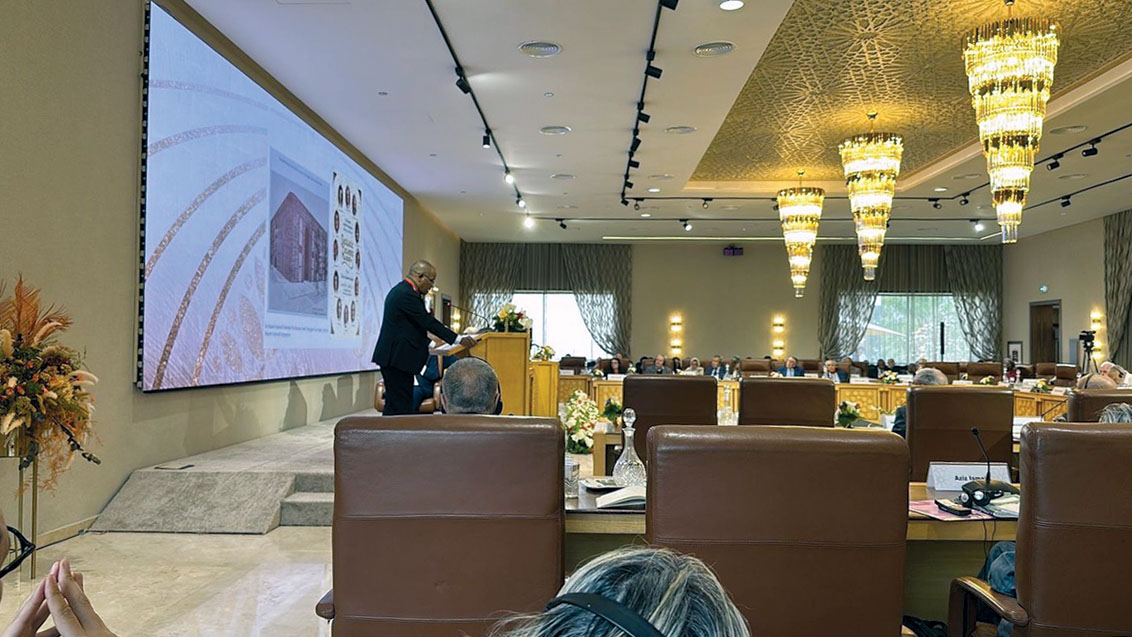
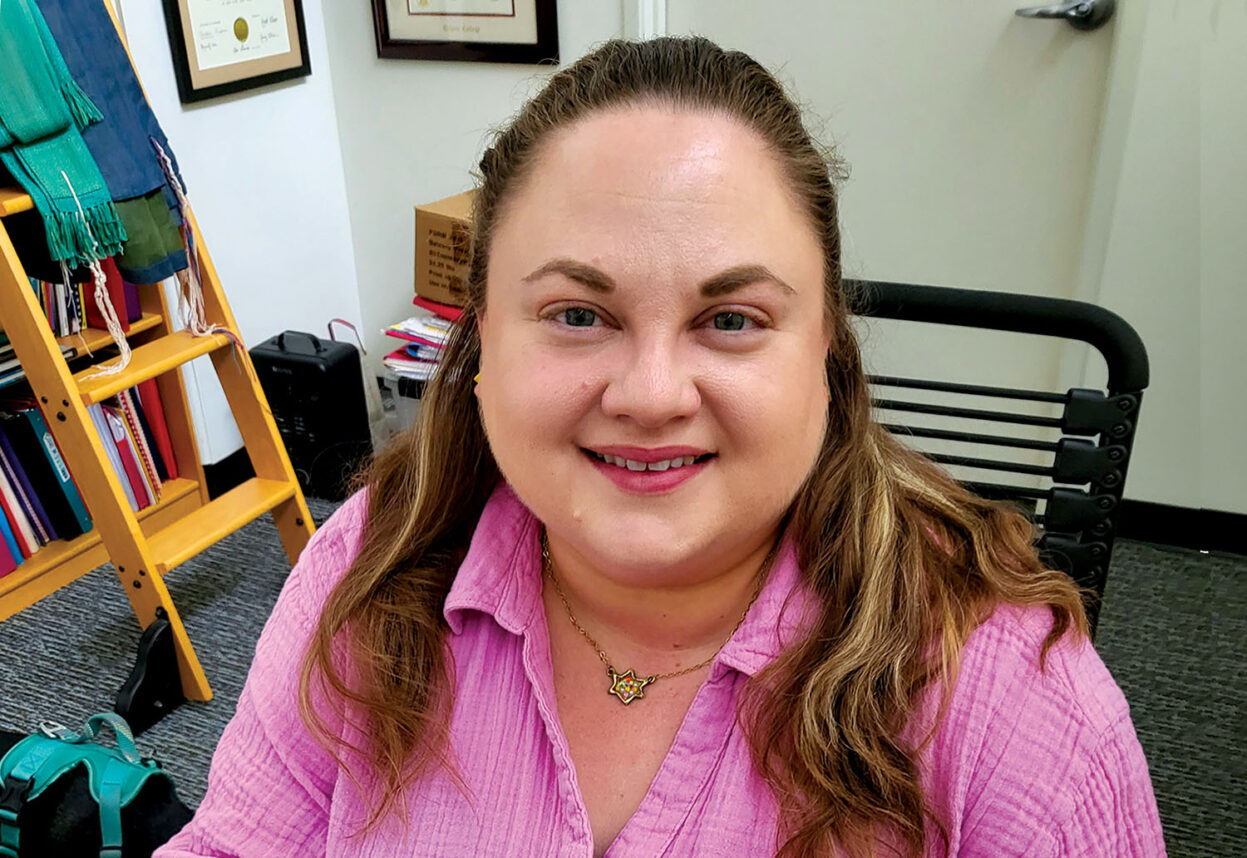



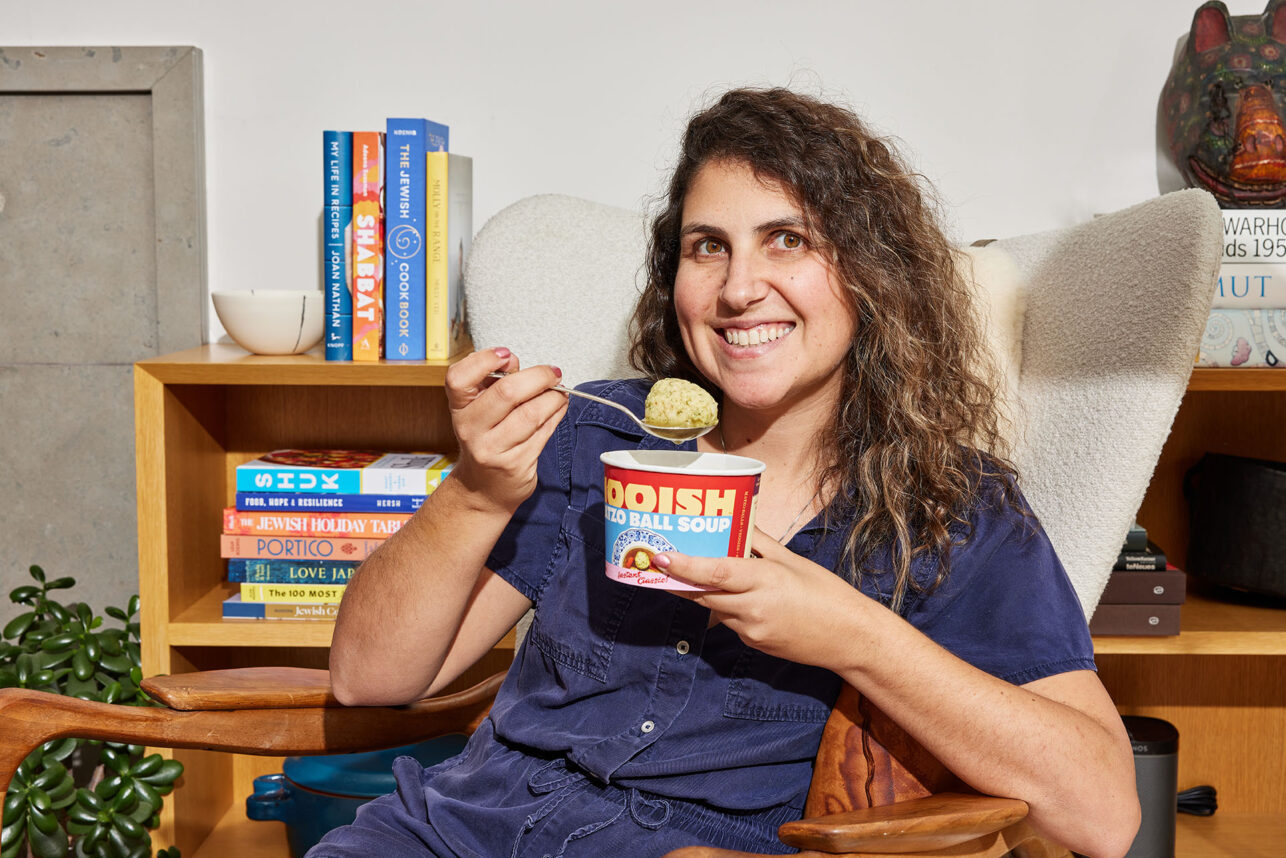

 More news and opinions than at a Shabbat dinner, right in your inbox.
More news and opinions than at a Shabbat dinner, right in your inbox.